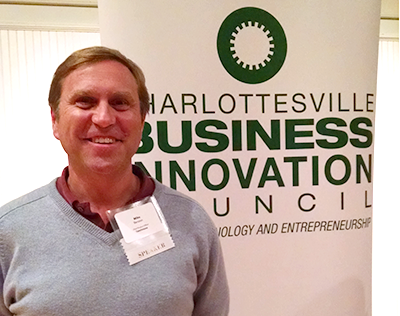
“Lecturing is dead.”
I heard this declaration, among other interesting insights, when I recently attended the Charlottesville Business Innovation Council’s recent “Tech Night Takeover,” focusing on The Ed-Tech Revolution and how it is “changing the way we teach and learn.”
When panelist Michael Lenox made this bold statement, he was talking about K-12 and higher education; however, the sentiment rings true as I consider early childhood education. For me, the underlying message is that learning is not just about simply putting information into people’s heads.
For instance, when we consider teacher professional development, research tells us that teachers learn when they have opportunities beyond “lecturing,” such as forming professional learning communities, viewing video models, applying new skills to classroom practice, and reflecting on their teaching practices with a coach.
Among the panelists at the event was Teachstone’s Chief Product Officer, Mike Benzian, who discussed the value in a blended learning approach, particularly as we consider effective ways to provide professional development to teachers to drive better classroom interactions. During the Q&A portion of the evening, an audience member asked, “How is it possible to teach everything online? Surely there are skills that can’t be taught in an online environment.” Benzian responded by speaking to a “blended” approach to learning; the value of online learning is that it works when coupled with different experiences, whether those are face-to-face interactions, groups discussions, or opportunities for hands-on-practice. He mentioned his own son and the impressive skills he has taught himself, simply by watching videos on YouTube and applying information to hands-on practice (he recently build his very own potato cannon!).
Learning is everywhere, and emerging technology has the potential to provide learning opportunities for more people in more places than ever before. As panelist, Brien Walton put it, “Technology is a way to reach more people.” For those in education, that translates to the promise of more valuable professional development opportunities for more teachers.
What’s your experience with technology in education? How has it changed the way you teach, learn, or think about professional development?
Read more about the event.

